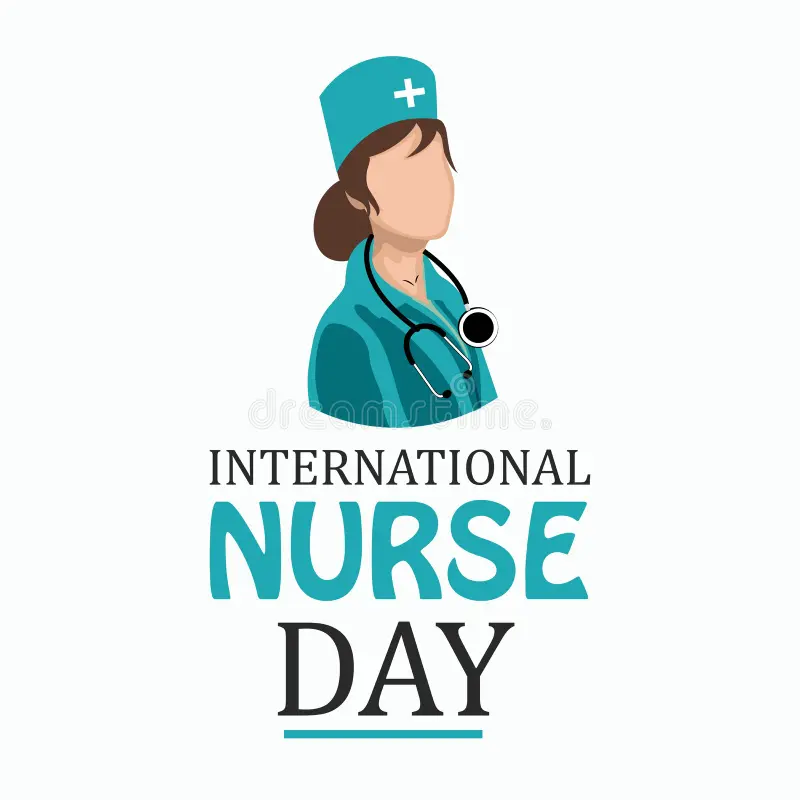The Automated Permanent Academic Account Registry (APAAR) is an initiative introduced by several state governments as part of the “One Nation, One Student ID” program, rooted in the 2020 National Education Policy. Its purpose is to simplify academic record tracking and ensure secure document management.
Key Highlights of APAAR
APAAR assigns students a unique ID that tracks their educational journey from preschool to higher education. This ID is linked to the Academic Bank Credit (ABC), a digital repository for securely storing academic credits and certificates.
Integration with Digilocker
APAAR seamlessly integrates with Digilocker, enabling students to access important documents online. With this system, students can view exam results and certificates without relying on physical copies.
Addressing Certification Challenges
As part of the National Education Policy 2020, APAAR addresses issues such as fake or duplicate certificates. Only authorized institutions can upload data to a student’s account, ensuring authenticity and reliability for both students and educational institutions.
Features of APAAR
- Unique ID for Easy Transfers: The ID simplifies the transfer of academic records when students change schools.
- Optional Aadhaar Integration: Aadhaar can be used for student verification, requiring parental consent for minors.
- Parental Oversight: Parents must approve Aadhaar-based verification for students under 18.
Privacy and Security
While some parents have raised concerns about data privacy and misuse, the government assures that all data is securely stored and used solely for educational purposes. Students and parents can withdraw consent at any time, halting further data sharing.
How to Join APAAR
To register for APAAR, students need to provide basic details, including:
- Name
- Age
- Date of Birth
- Gender
- Photograph
Optional Aadhaar Verification: Parental approval is mandatory for minors.
Control Over Data Sharing: Students can choose to stop data sharing with other systems, like UDISE+, ensuring complete control over their personal information.












